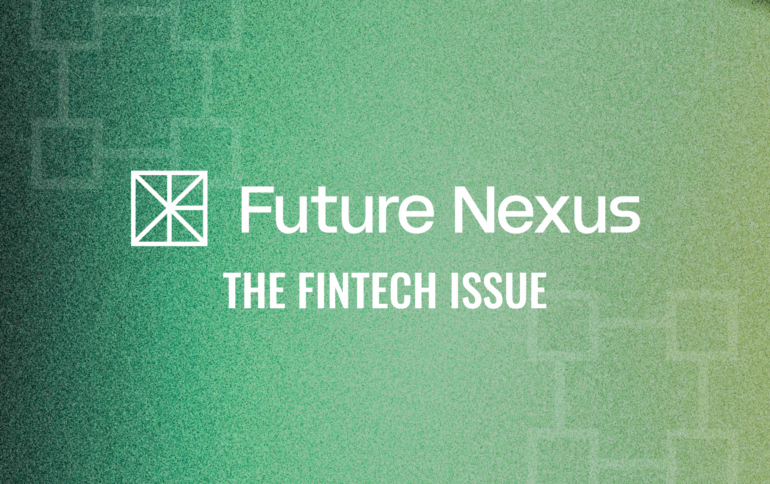Token for your thoughts? A flurry of activity indicates the technology may have hit an inflection point in the financial industry, as companies look to buffer against digital fraudsters and ensure transactions settle faster in an environment where threats to money transfers appear to be exponentially increasing due to the sophistication of AI technology.
Tokenizing an asset creates a digital representation of it on a blockchain; the near instantaneous settlement that can be achieved through increased interconnections means transaction completion could be less risky. Fed Researchers last year noted that “optimal design hinges on joint design of settlement and trading systems, and in particular, that token systems work best when matched with direct trading.”
It’s perhaps not shocking then that Nasdaq this week filed with the SEC to tokenize stocks. “The proposed rule changes would allow investors a choice: to select whether they want a traded equity or ETP to be represented in a tokenized form or a traditional digital form. If they select the tokenized method, then DTC will do the backend work of clearing and settling the trade, recording that asset as a blockchain-based token,” Nasdaq SVP of North American Markets Chuck Mack said in an interview posted on the exchange’s site. “It’s important to note this trading would still take place under the SEC’s existing federal regulations ensuring fair and orderly trading.”
That’s a key point we make in our filing: the U.S. has existing rules that don’t preclude different types of representation of a security. If you’re trading a stock and we’re having DTC tokenize it after the trade, then nothing is different from the perspective of how the market functions, how you trade, how you get your best execution, or how you buy or sell on your trading platform.
Beyond the mechanics is a palpable shift in how the financial system is likely to business going forward. Visa and Mastercard were also touting their adoption of token tech at the Goldman Sachs Communacopia + Technology Conference this week, as first reported by Payments Dive, as a way the credit card companies are offering more security to their customers. According to Visa Token’s most recent data, the co has issued 4B+ tokens and has more than 1 million ecommerce merchants transacting with the technology. Earlier this year, Mastercard reported half of the credit card giant’s ecommerce transactions in Europe were fully tokenized.
As is ever the case in digital commerce, the key issue is the protection of data; the evolution of digital payments has transformed into more than a cash alternative, but involves critical financial tools connecting millions of consumers and businesses, and along the way managing vital personal data. Today, we dive deeper into how that data is being managed, particularly as the CFPB’s rulemaking on the topic is back up for grabs.
–The Editors


